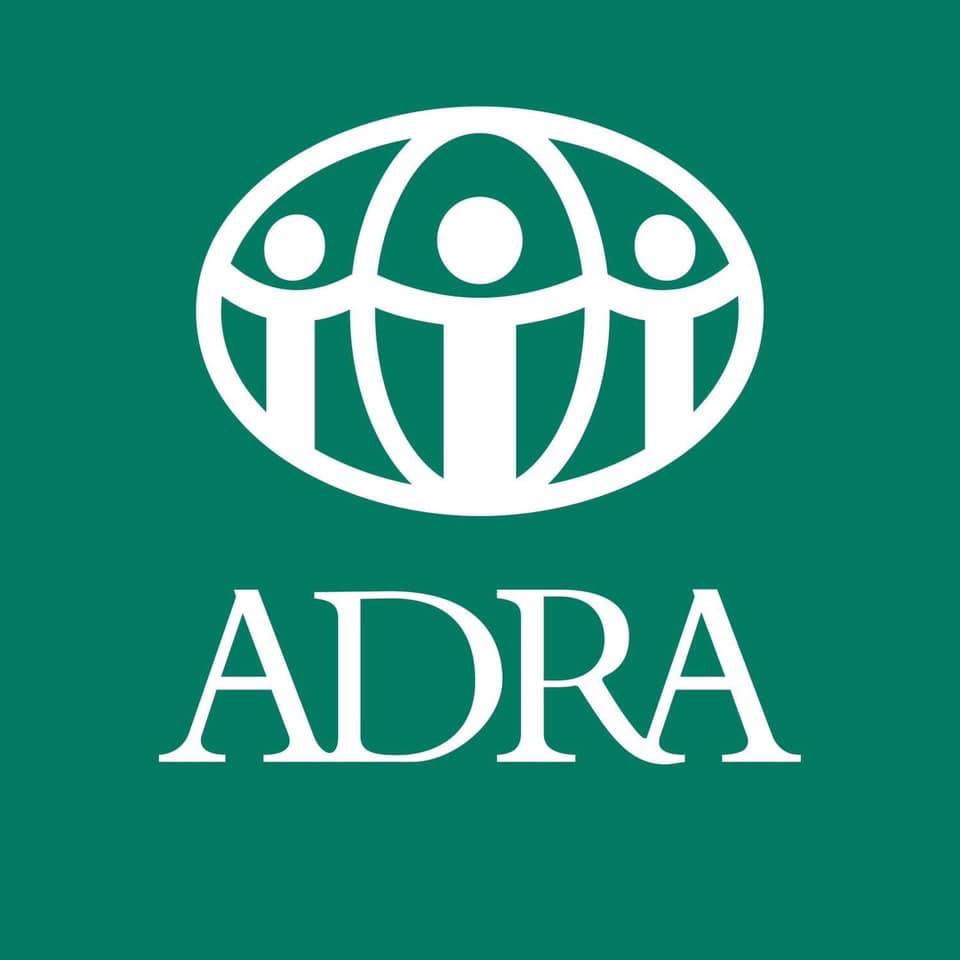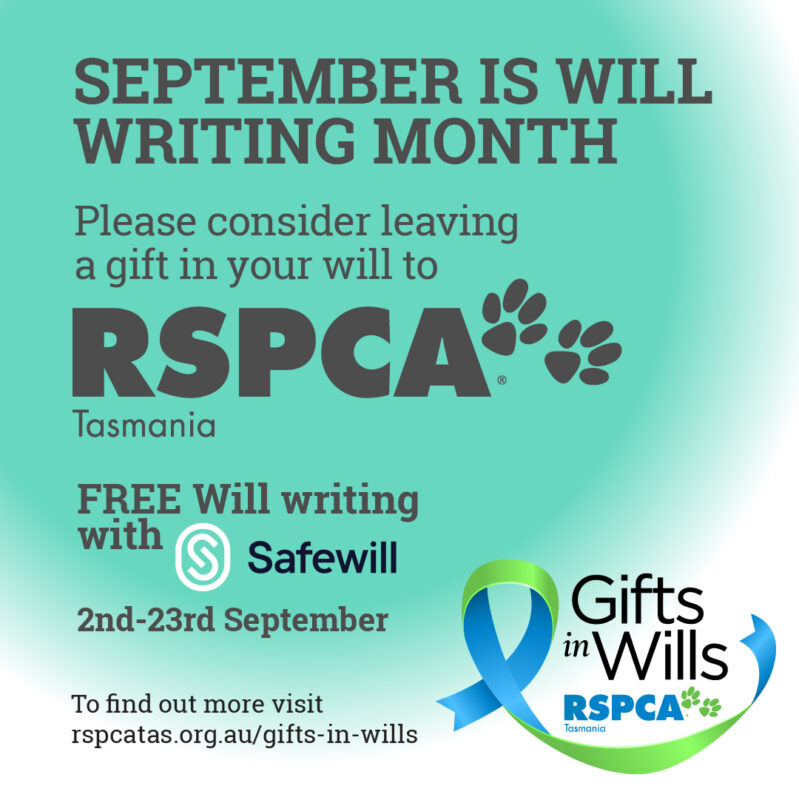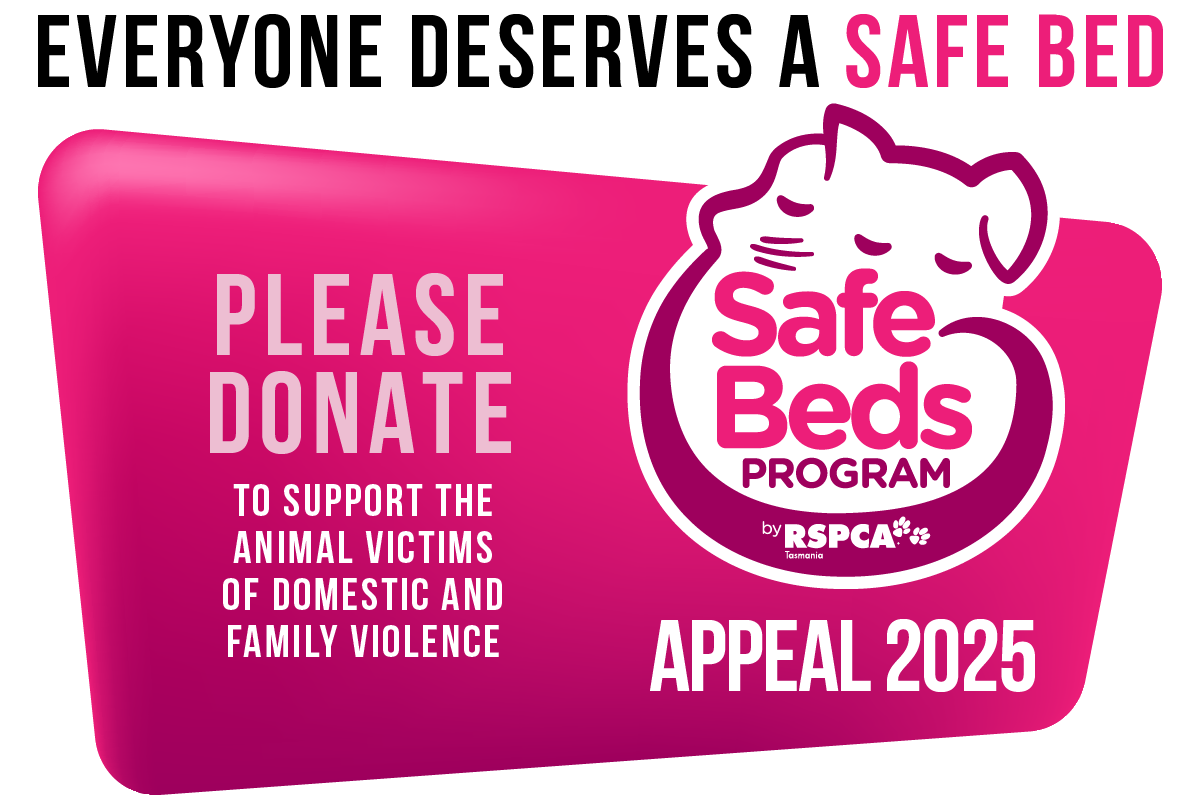People have long been fascinated by fireworks. Scientists tell us the unexpectedness of colour is why fireworks are so captivating.
Even if we wanted to, we’re hardwired not to look away from the light, and we seem to be excited by the anticipation of a slightly scary experience.
Unfortunately, they can be terrifying and dangerous for animals – and for vulnerable people too.
A dog can hear 10 times better than a human. Fireworks typically explode at a staggering 145-150 decibels – as loud as a jet engine at close quarters – so these explosions can be frightening and even harmful.
The RSPCA receives many calls about runaway cats and dogs after fireworks displays. So this Cracker Night, we encourage everyone to enjoy fireworks responsibly and be sure to take precautions to protect their pets and local wildlife.
Frightened animals may flee their homes trying to escape the startling and confusing blasts. It’s not uncommon for dogs to break through windows and screen doors or dig under fences in a panic. Sometimes, they end up lost or even get hit by cars.
If you can, it’s best to stay home with your pet so you can be there to reassure them. If you’re not going to be at home, make sure you provide them with a safe, secure and comfortable environment. Whenever possible, bring your pet indoors. If your pet has ongoing trouble with loud noises, you might like to speak to your vet to discuss all your options.
Here are some simple steps to minimise firework stress in pets and other animals:
Ensure your pets are wearing ID tags and their microchip details are up to date.
If you know a storm is coming, or fireworks are planned, ensure your pets are exercised and well fed before the storm starts.
Leave the TV or radio on to mask any sounds.
Remove any sharp objects that might cause injury to a panicking animal.
Birds and pocket pets like guinea pigs, rabbits and ferrets can also become distressed from fireworks. Bring their cages or hutches inside if possible and provide extra bedding or cover their cage with a thick sheet to allow them to hide.
Horses are particularly vulnerable to bolting when exposed to fireworks, so make sure to securely stable them away from firework noises.
Wildlife can also be affected by the unexpected noises and bright lights fireworks produce. Contact your local wildlife carer group if you see anything of concern.
Remember that firework debris is toxic if ingested by animals.
People planning firework displays should ensure neighbours and pet owners in the immediate vicinity are given appropriate notification. Advertising displays in advance is so important – as it can give people vital time to plan and prepare for the distressing experiences their pets may face.
If your pet does become lost, contact your local council and nearby care centres like the RSPCA. If you find a lost pet, either take them to the address on their tag or take them to a local care centre. Social media can also help reunite lost pets with their families.
You can find more information to help keep your pets safe during fireworks displays here.
MEDIA CONTACT
Jan Davis, CEO – RSPCA Tasmania
Mobile: 0409 004 228
Email: jdavis@rspcatas.org.au
























